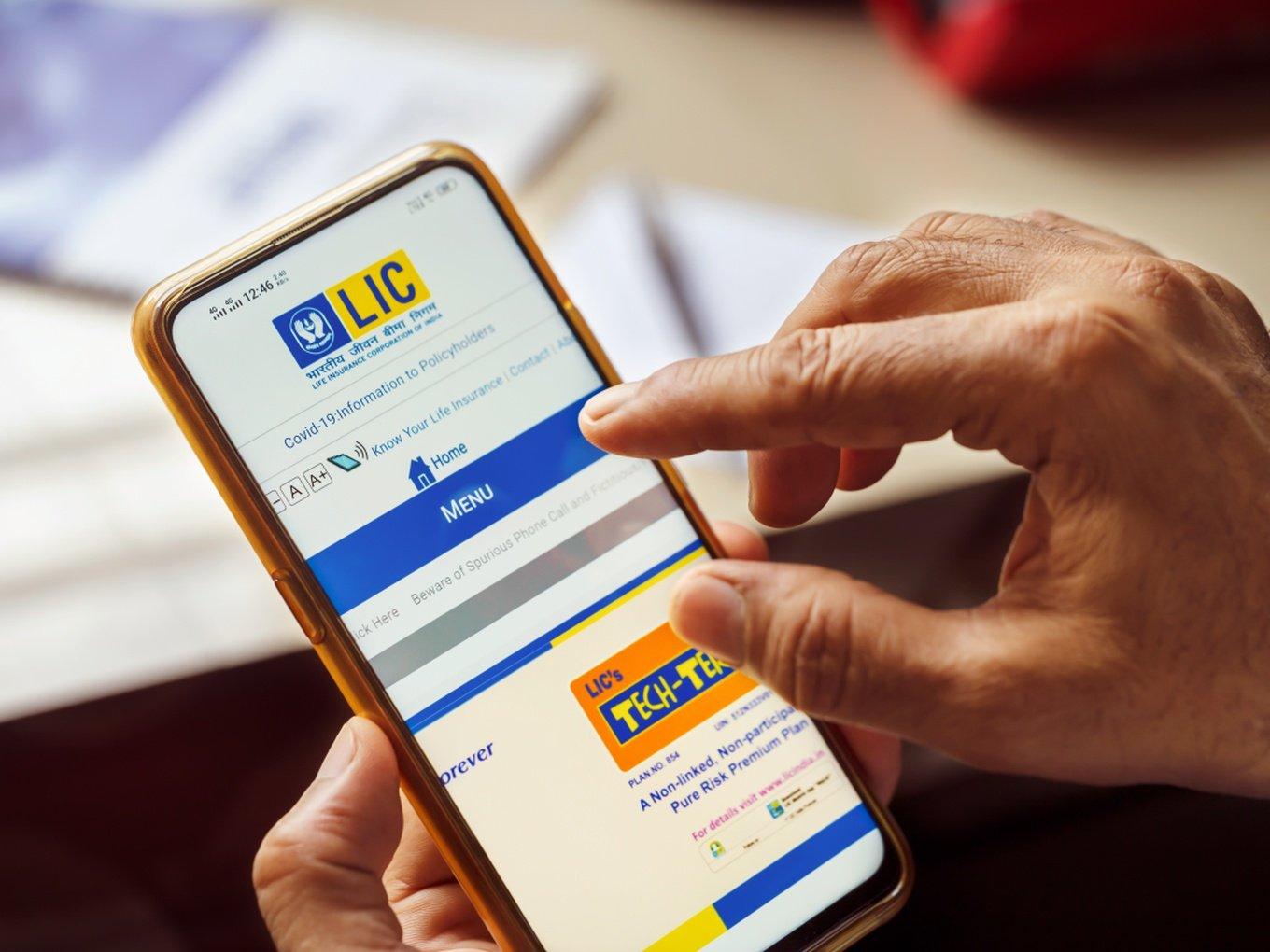The state-run insurer has seen its market share plummet amid the pandemic, largely due to its agent-reliant model
Between June 2020 and January 2022, LIC’s market share has gone from 74% to 61% in terms of premium income
As per IRDAI data, between April and December 2021, private insurance players grew their new business income by 29.8%
Looking to take on digital insurance platforms and regain some of the market share it lost over the past two years, state-owned insurance player Life Insurance Corporation of India (LIC) has announced plans to launch a digital vertical and platform. LIC made the announcement amid massive buzz for its public offering.
The insurer believes that the insurance market is evolving to become more digital in nature with customer acquisition and sales being driven through apps. LIC has seen its market share plummet largely due to its agent-reliant model, which was completely disrupted by the movement restrictions during the last two pandemic years. Between June 2020 and January 2022, LIC’s market share has gone from 74% to 61% in terms of premium income.
LIC Vs Insurtech Players
A separate digital vertical will definitely give LIC an edge over newer startup rivals given the trust it has built among insurance consumers over its 55-year existence. But the state-run company has to compete with tech-first operations, which are generally more agile and alert to customer demand thanks to their use of data.
Besides, digital platforms will need to be driven through digital marketing, where too LIC will need to spend millions to compete with startups such as Acko, Policybazaar, Digit and others that have a significant advertising budget. The state-run insurer will also need to recruit talent that can help it capitalise on data analytics, while providing a smooth customer experience across web and app, something that most private insurance players have spent millions on already.
The vertical will be separate from LIC’s plan to review and refurbish its existing online channel, through which it currently processes just 1% of all sales, according to LIC chairman M.R. Kumar. He added that customers are going digital for all their financial needs, which LIC needs to tap into now, ahead of the IPO.
“The (proposed) digital vertical will take into consideration everything that a customer wants or expects from online. If the customer wants to be assisted online, he can get it from the coming digital vertical. If the customer wants to buy a protection product completely online, he can avail it from the proposed digital vertical. We are hoping to launch it soon,” Kumar was quoted as saying by Mint.
LIC’s sales model is highly dependent on its 1.36 Mn on-ground agents that are said to generate over 90% of premium income, while banks and other channels contribute the other 10%. As per IRDAI data, LIC’s income from new premiums fell between April and December 2021, while private insurance players grew their new business income by 29.8%.
During the pandemic, the company had introduced an app for its agents, which will be revamped in the coming weeks, the chairman said. “We have also tied up with PolicyBazaar to help policyholders compare products. Even medical verification reports can be done through our online video consultation. So, that digital capability is also being reviewed.”
Besides the publicly-listed Policybazaar and unicorns such as Acko and Digit Insurance, India’s insurtech segment has seen several new early-stage startups emerge in the past few months to cater to business and consumer needs in insurance acquisition, claims resolution, benefits and more. More than $820 Mn was poured into insurance tech startups by venture capital firms and angel investors across 34 deals in 2021, as per Inc42 data.
Last week, Bengaluru-based health insurance startup Kenko raised $12 Mn in Series A funding led by Sequoia India. Kenko enables customers to get OPD benefits, such as doctor consulting fees and diagnostic costs, within a predefined closed network. Prior to that, workplace insurance startup Nova Benefits raised a seed round from Naval Ravikant-backed AngelList Early-Stage Quant Fund. Besides this, the likes of insurance premium financing startup Finsall, Delhi NCR-based B2B-focussed insurance player SecureNow, and insurance brokerage Probus also raised funds.
































 Ad-lite browsing experience
Ad-lite browsing experience